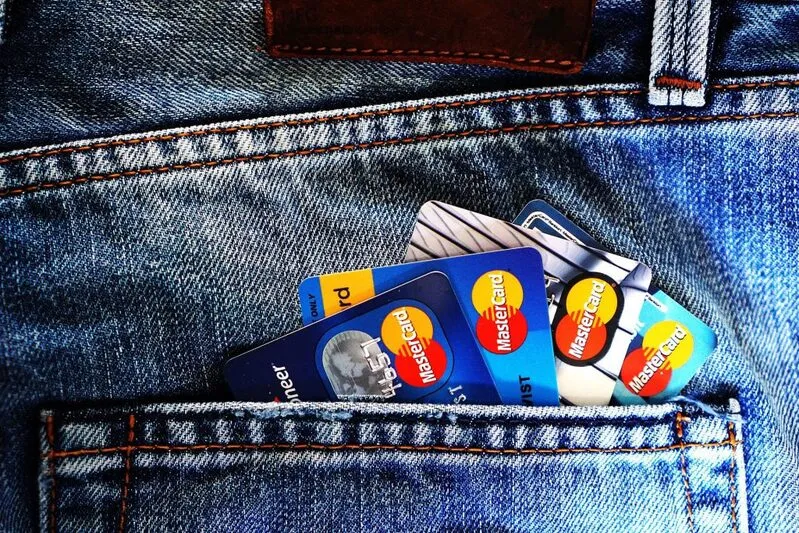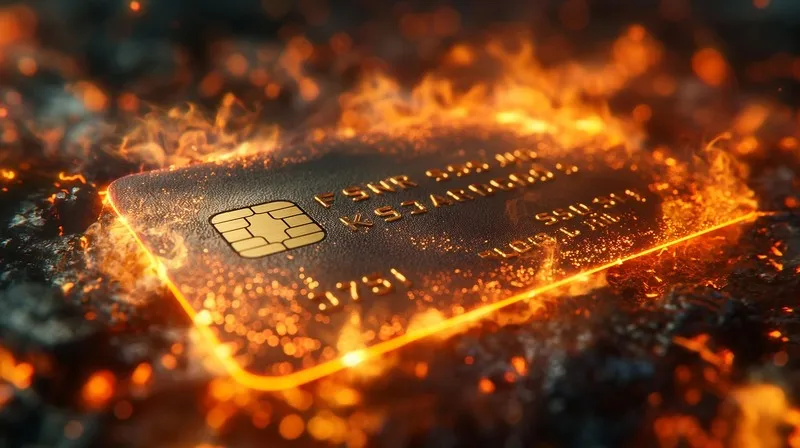The US economy is battling multiple crises simultaneously, failing to restore significant financial sectors. On the one hand, the US dollar’s wobbly stance is hindering economic development, while on the other hand, inflation is rising at a rapid pace, eroding the purchasing power of American citizens. This development has led the US to rely heavily on credit cards, a narrative that is strengthening with each passing day. This concept has gained significant momentum, crushing the US economy into heaps and piles of rising credit card debt.
Also Read: Barclays Bans Cryptocurrency Purchase With Credit Cards
Americans Are Relying on Credit Cards to Fight Inflation

The US is now fighting inflation with credit cards, as staggering new stats show piling credit card debt, which is worsening with each passing day. As per the statistics shared by the Kobeissi letter, US consumers are using credit cards at a rapid pace, borrowing money unlike anything before. The total US credit card debt has hit $1.1 trillion in the week ending July, showcasing a new narrative burdening the US economy.
“US consumers are piling into credit card debt like never before. Total US credit card debt hit $1.1 trillion in the week ending July 16th, matching a record high set in May.”
Discussing the staggering details in depth, the platform stated how year-to-date credit card debt has risen by +$17 billion. Moreover, these numbers have now surged to +$363 billion since April 2021, showcasing the credit card obsession that the US economy is currently hooked on.
“US consumers are piling into credit card debt like never before: Total US credit card debt hit $1.1 trillion in the week ending July 16th, matching a record high set in May. Year-to-date, credit card debt has risen by +$17 billion. Since April 2021, it has surged by a whopping +$363 billion. That’s an average increase of +$7.3 billion PER MONTH.”
What About the “Buy Now Pay Later” Category?
The Kobeissi Letter was quick to highlight an important development, outlining how these stats do not comprise the “buy now, pay later category numbers. This means that this category alone is generating its own debt, projected to hit $116.7 billion this year.
“The worst part? This does not include “Buy Now, Pay Later” spending, which is projected to hit a record $116.7 billion this year. Americans are “fighting” inflation with credit card debt.”
US consumers are piling into credit card debt like never before:
Total US credit card debt hit $1.1 trillion in the week ending July 16th, matching a record high set in May.
Year-to-date, credit card debt has risen by +$17 billion.
Since April 2021, it has surged by a whopping… pic.twitter.com/EMjzqLma02— The Kobeissi Letter (@KobeissiLetter) July 29, 2025
Also Read: Coinbase CEO Says US Debt Will Cause Bitcoin to Overtake the Dollar






